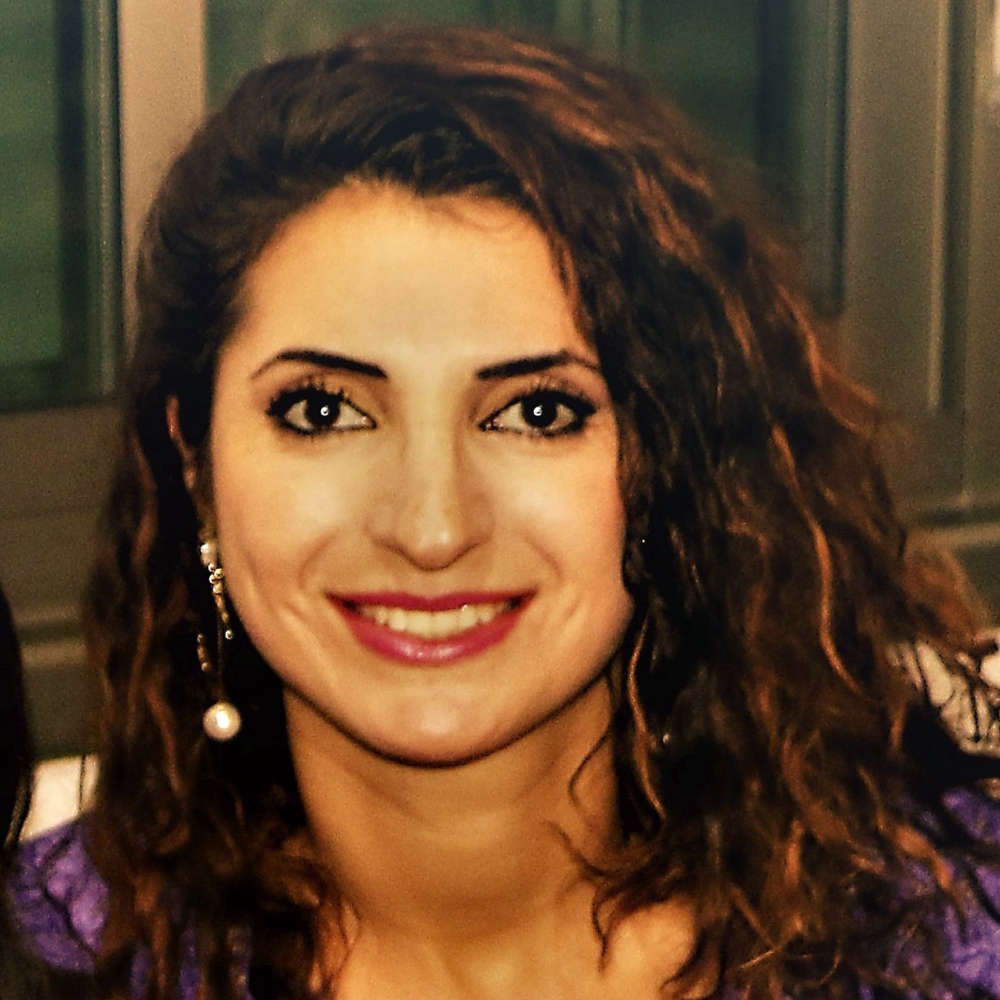When Bothaina Hamdan was about 9 years old, she started to make scrapbooks by pasting newspaper clippings into a small notebook; she wrote songs, dreaming that her favorite singers would perform them. With her parents’ encouragementand given her passion for writing, Bothaina soon knew that she wanted to become a journalist.
At age 14, she read an article that cited girls as the main reason for the broken hearts of boys. Annoyed, she promptly wrote her first article, asserting that both men and women can cause hearts to be broken. The article was published by Al-Ayyam newspaper on its children’s page, Yara’at, a creative writing project supported by Ramallah’s Tamer Institute. Bothaina continued to write articles until she became the editor and subsequently the coordinator of this project. She also volunteered in her community by participating in campaigns to promote reading and writing – or to clean her city after the invasion of 2002. When she was only 16 years old, Bothaina ran a weekly column in Arabic titled “Concerns of Students,” in which she criticized the educational system. Her classmates used to read these articles, distribute copies at school, and discuss them with their teachers; they liked these writings that precipitated significant changes in schools. But because she sometimes criticized her teachers, without mentioning names, some became angry with her, and one of them even refused to let her participate in a discussion class during her tawjihi year.
Bothaina attended Birzeit University and obtained a bachelor of arts degree in radio and television, and a master of arts in international relations. Her thesis about BBC coverage of the Palestinian-Israeli conflict was one of the few studies in Arabic that analyzed the newly established BBC News channel in Arabic. When she joined an international course funded by the European Union, she won a scholarship to study and complete her thesis at Vienna University. Upon her return to Palestine, she worked as a reporter, a public relations and media expert, and a lecturer in media at local universities.
Bothaina continued to publish her writings, and in articles titled “Ministry Diaries,” she directly tackled governmental issues, spending four to six months to research and analyze the work and performance of each ministry and its personnel. She also launched two important campaigns, one directed against “honor killings” of women, requesting that the president change the existing laws, the other aiming to support Sebastiya village and preserve the remains of its long history, an initiative that requires governmental attention in order to be protected from Israeli Judaizing efforts.
Supported by her family and husband, Bothaina continues to write (in Arabic) despite the pressure she’s under because of her courageous writings. She has published two books in Arabic and is preparing two others that describe Palestinian cities, villages, and camps, and feature biographies of Palestinians who have excelled in their respective fields.


